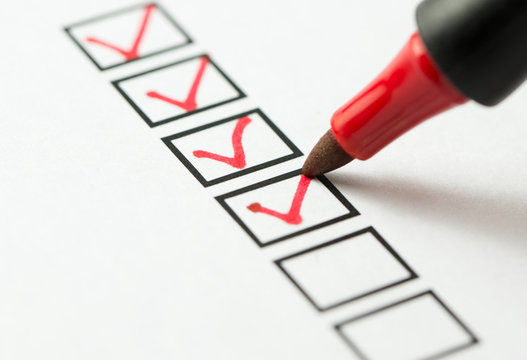by Ryan Condon
Speakers on the Emergency Preparedness Panel, held in the cafeteria, discussed lessons people learned from Hurricane Katrina and how Newton residents can be better prepared for emergencies.
Moderating the panel was counselor Larry Allen. Panelists included Director of Emergency Management for the Newton Police Hugh Downing, Head of Disaster Training at Beth Israel Deaconess Medical Center, Meg Femino, Interim Chief for Emergency Preparedness at Rhode Island Department of Health Alysia Mihalakos and Carmen Pancarella, a computer science researcher at Sandia National Laboratories.
The first issue the panel addressed was what happened before Hurricane Katrina. The City of New Orleans ordered a mandatory evacuation, but some residents could not evacuate because of a variety of issues.
Downing said, “If you are told to leave, you really should leave, unless you somehow can’t.”
Pancarella discussed how Katrina was a failure in emergency preparedness and how people learned from it.
“We were not prepared as well as we should have been on the personal, local, state and national level,” she said. “After Katrina, we had to evaluate what went wrong—a report card of sorts.”
Camino and Mahalakis then addressed the procedure for hospitals during an emergency. “We don’t evacuate when citizens evacuate,” Camino said. “It’s hard because we may cause more harm than help. If we have warning before an event, we may start evacuating up to four days earlier than the general population.”
Camino also noted that hospitals need to prepare for an increase in patients during emergencies.
Mahalakis stressed the importance of emergency preparedness.
“No matter how well prepared you are, there is always something you didn’t consider,” she said. “However, those little steps you can take along the way can greatly affect the success of your preparation.”
Downing said that Newton residents should be prepared to sustain themselves and their families in their homes for three days at a time.
Mahalakis suggested that families have food, a can opener if the food is canned, utensils, any medications needed, a flashlight and batteries, a hand-crank radio and a pail and trash bags. “You should also consider anything that you need personally, such as dentures or prosthetic limbs,” she said. Families should also have at least one gallon of water per day per person, said Mahalakis.
Downing said that if students want to know more about how to be prepared for a disaster, they should go to www.newtonmass.gov or www.ready.gov for more information.














































